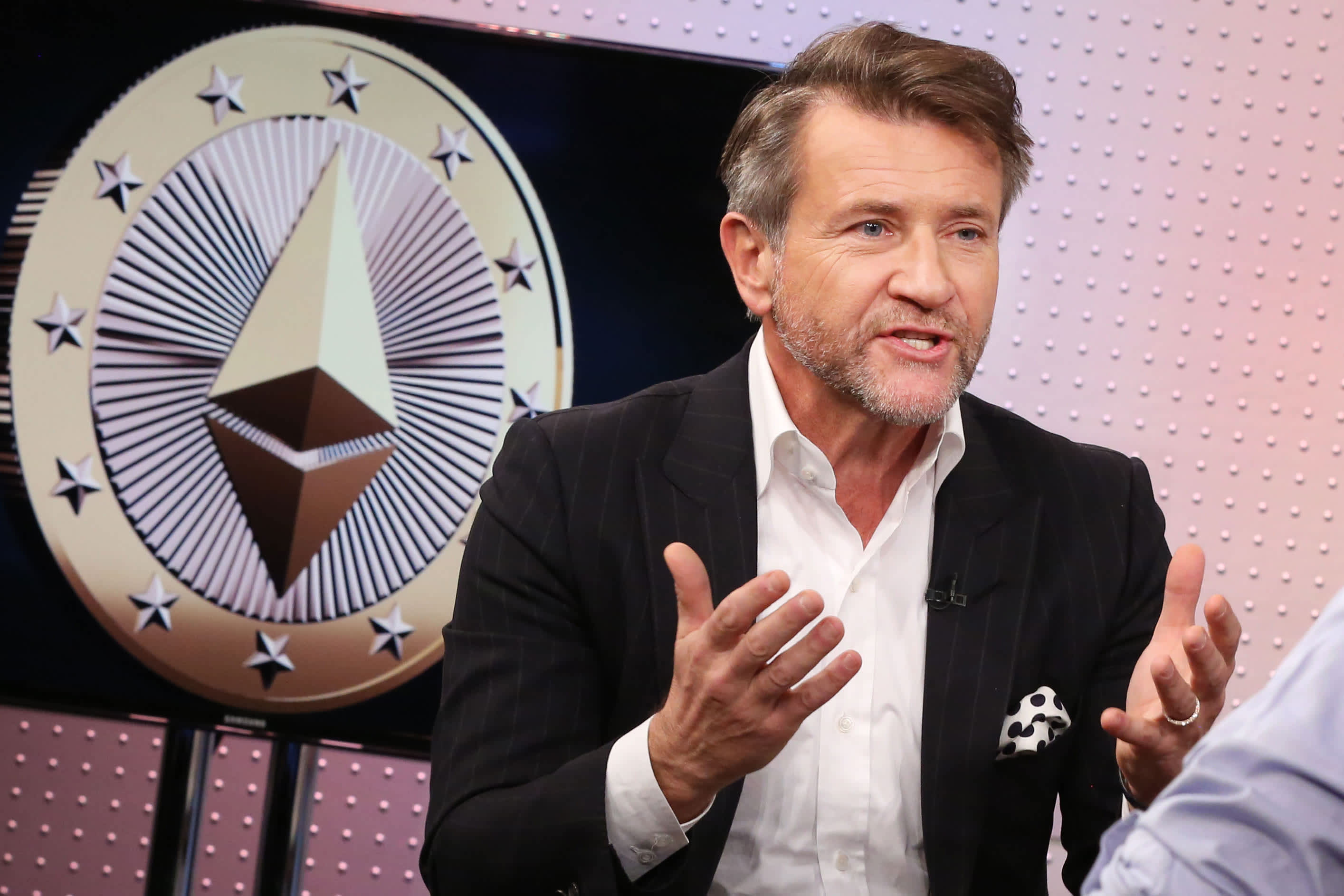‘Shark Tank’s Robert Herjavec: The biggest fear-based risk business owners face right now

Robert Herjavec, “Shark Tank” co-host and Herjavec Group founder, said the pandemic year has reinforced a basic lesson about speed as a success ingredient: small business owners need to move quickly and make tough decisions to survive.
The speed of decision-making accelerated during Covid-19 in an unprecedented way, but Herjavec says as the U.S. economy booms and states lift Covid restrictions, the decision entrepreneurs now need to move quickly on isn’t cutting back or carefully growing. It is time to make a big, bullish bet on the future. Businesses that let fear linger will lose.
The “brutally realistic” thinking required from owners during the past year is the past and the U.S. is entering a boom period entrepreneurs need to embrace. “I am highly, highly bullish,” Herjavec told CNBC at its Small Business Playbook event on Tuesday. “I think we will see one of the greatest [periods of] growth in the economy we have seen in our lifetimes.”
The recent CNBC|SurveyMonkey Small Business Survey for Q2 2021 found an increase in small business confidence, but just a small one, and an overall sentiment reading that remains net negative more than a year after Covid. More business owners are expecting revenue gains and, in the hardest-hit sectors, such as food, hiring is expected to rise.
“Human beings never think it will get as bad as it’s going to be and never recover quickly enough,” Herjavec said. “That’s what I am seeing now. People are not ready for the expansion, being too conservative, not bullish enough.”
When optimism was the wrong emotion
The “Shark Tank” co-host may be known for his optimism and business confidence, but he didn’t shy away from revealing during the CNBC small business event how much fear and uncertainty he experienced during the pandemic, describing his initial emotions from last February as “unbelievable fear.”
“Everyone said to me, ‘you’re a ‘Shark’ and have a big business, relatively big business, but fear stopped us for about three days,” Herjavec said. He cited the advice of his co-host Barbara Corcoran, who often says the difference between successful people and others is “not that they don’t feel sorry for themselves, but how long they allow themselves to wallow in misery.”
“For about a week, I was doing a lot of wallowing. I am a pretty tough guy and not a lot of things scare me, but uncertainty in business can be very destructive. I kind of wallowed for a while but then went full action ahead.”
Robert Herjavec, CEO, Herjavec Group
Scott Mlyn | CNBC
Herjavec’s core business of cybersecurity has been a pandemic winner as more of the world moved online, but he also deals with many portfolio investments through his “Shark Tank” deals and he says that one risk during the pandemic was portfolio businesses sticking with “unfounded optimism.”
“It kills a business,” he said. “I am a very optimistic guy, I wake up every day believing tomorrow will be better than yesterday, and all that stuff, but when you’re facing a crisis it is about reality, not optimism. … We told these businesses, ‘don’t expect the world to end, but be prepared for the worst.'”
During the pandemic too many small businesses got into trouble because they were afraid to cut costs, afraid to go too far. “We saw a lot of small businesses getting in trouble saying, ‘maybe we’ll only lay off a few … or don’t need to do layoffs … maybe things will come back.”
Herjavec set these business owners straight: “We encouraged people to take a little more of a pessimistic view, because in a crisis, nobody can help you except yourself. … When things are bad you have to have realistic optimism and we saw lots of small businesses just believe … things are going to get better.”
But now he says dealing with reality is totally different. A year after Herjavec and his CFO sat down and ran through a “black swan” scenario to realistically assess how long they could survive, business owners need to be at “the completely other end of the spectrum,” he says.




